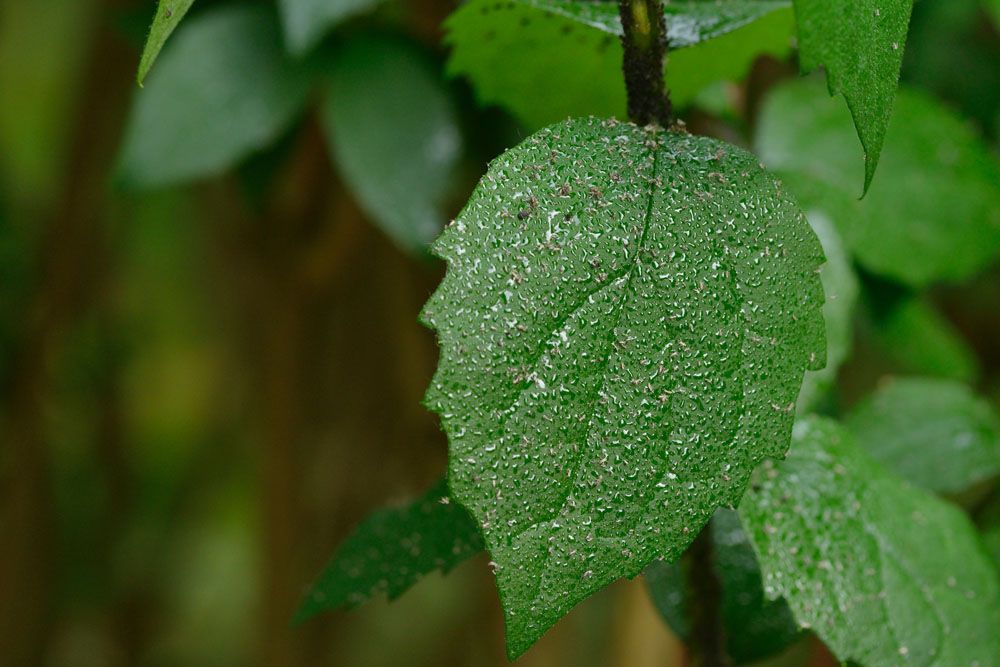
Honeydew
Honeydew
Honeydew is a sugary liquid secreted by plant-eating insects. When these populations grow large enough, sticky honeydew may be found dripping on practically anything outside.
What is Honeydew?
When insects eat plant sap, they eat a mixture of secretions that contain sugars. Plant sugars move through their digestive tract and leave as a transparent sticky film covering because the bugs devour so much sap. The development of black sooty mould on leaves is another clue that honeydew-producing insects are attacking your plants. Honeydew acts as a production host for the fungal disease, causing much more damage to affected plants. Ants eat honeydew, so if you observe a trail of them moving towards your plant, you’re likely dealing with an infestation. Ants defend honeydew-producing insects from predators to keep their colony’s food supply safe.
Pests:
Honeydew is produced by various small chewing insects that cluster on different regions of leaves and buds. Several types of small, winged and unwinged aphids, varying in colour from light green to dark brown, are the most destructive pests. Soft scales and mealybugs are two more insects that inflict harm. Plants with smooth scales have clusters of tiny dots. Mealybugs are little waxy insects with soft bodies that feed on stems and roots.
Damage caused by honeydew:
Plants become yellow when they lose fluids. The leaves curl, and the plant’s growth decreases. The black, ugly spots are caused by the sooty mould that lives on the honeydew. Honeydew is a concern not just for plants but also for lawn furniture, decks, and automobiles. Honeydew is more challenging to remove the longer it sits on your furnishings and cars. Grease-removing solutions from auto supply stores can be used to remove the stuff.
Control and Prevention:
The first line of protection against honeydew-producing pests is to inspect plants for evidence of insects before buying. Once you’ve brought the plant into your house or yard, keep an eye out for symptoms of pests weekly.
- Insect infestations are kept under control by natural enemies of pests. Parasitic wasps, lady beetles, and lacewings are among them.
- Low-toxicity pesticides like insecticidal soap and horticultural oils can help you get rid of pests. Hire a professional to apply harsher insecticides if you have huge plants that are plagued with insects. While you may buy potent pesticides in spray solutions and use them yourself, you run the danger of hurting other plants and beneficial insects if the insecticides are not administered properly.
- If honeydew has gotten on your car or patio furniture, clean it off as soon as possible using a detergent-based solution and a soft cloth. Two teaspoons (30 mL) of vinegar in a gallon (4 L) of water on outdoor furniture works nicely.
